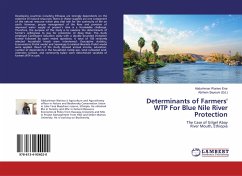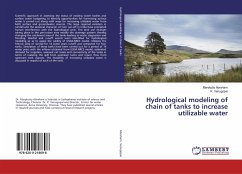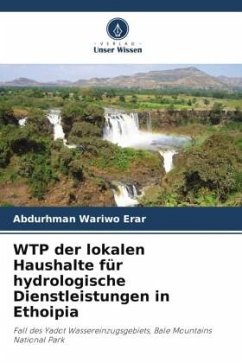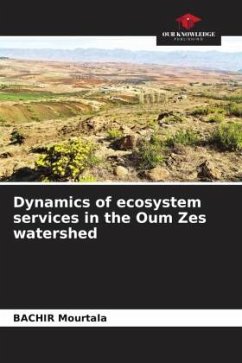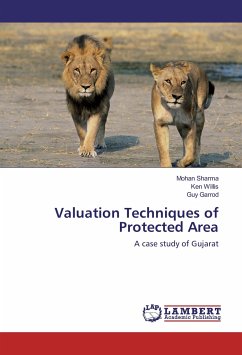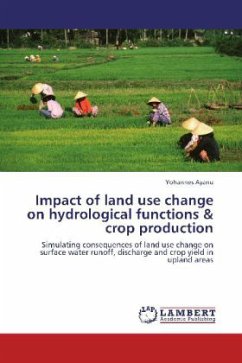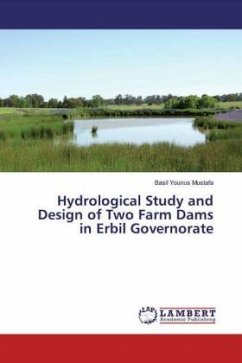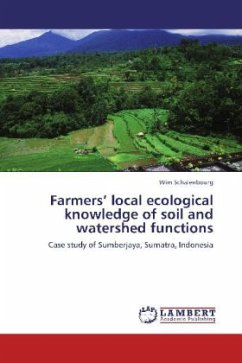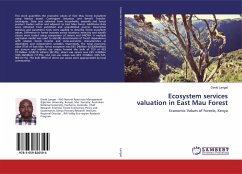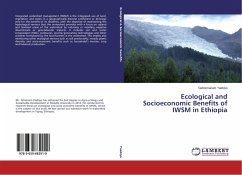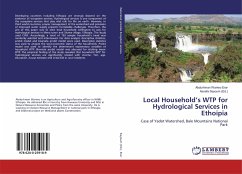
Local Household's WTP for Hydrological Services in Ethoipia
Case of Yadot Watershed, Bale Mountains National Park
Herausgegeben: Seyoum, Assefa
Versandkostenfrei!
Versandfertig in 6-10 Tagen
47,99 €
inkl. MwSt.

PAYBACK Punkte
24 °P sammeln!
Developing countries including Ethiopia are strongly depend on the existence of ecosystem services. Hydrological services is one component of the ecosystem services that play vital role for life on earth. However, in third world countries, proper management of the watershed and provision of improved water supply presents formidable challenges. Therefore, the aim of this paper was to elicit local household willingness to pay for hydrological services in Mena town and Shawe village, Ethiopia. The study used CVM. Accordingly, a total of 193 sample household's head was randomly selected and interv...
Developing countries including Ethiopia are strongly depend on the existence of ecosystem services. Hydrological services is one component of the ecosystem services that play vital role for life on earth. However, in third world countries, proper management of the watershed and provision of improved water supply presents formidable challenges. Therefore, the aim of this paper was to elicit local household willingness to pay for hydrological services in Mena town and Shawe village, Ethiopia. The study used CVM. Accordingly, a total of 193 sample household's head was randomly selected and interviewed. For data analysis: descriptive statistics, probit model and bivariate probit model were used. Descriptive statistics was used to analyze the socio-economic status of the households. Probit model was used to identify the determinant explanatory variables of household WTP. Bivariate probit model was alsoused for eliciting mean WTP. The empirical finding of the study revealed that household WTP for hydrological services are significantly related with income, TLU, age, education, house estimate and initial bid in rural residents.



